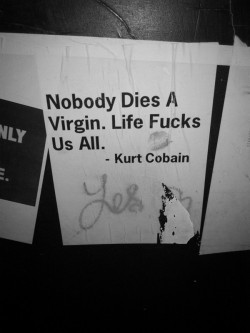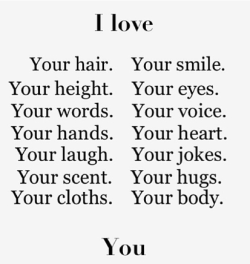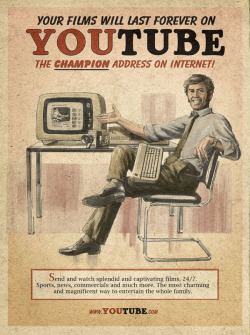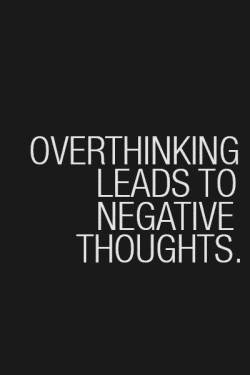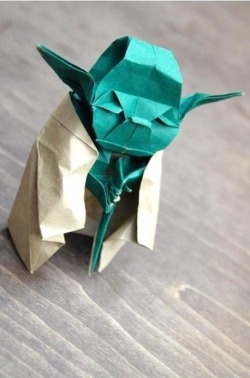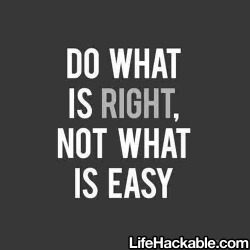countessmaddalo: “This group of men used their collective power of colloquial language to create poetry that emphasized intuition and the pastoral. Blake, Wordsworth, Coleridge, Byron, Shelley, and Keats banded together to form the Romantics:

countessmaddalo: “This group of men used their collective power of colloquial language to create poetry that emphasized intuition and the pastoral. Blake, Wordsworth, Coleridge, Byron, Shelley, and Keats banded together to form the Romantics:

countessmaddalo: “This group of men used their collective power of colloquial language to create poetry that emphasized intuition and the pastoral. Blake, Wordsworth, Coleridge, Byron, Shelley, and Keats banded together to form the Romantics:

countessmaddalo: “This group of men used their collective power of colloquial language to create poetry that emphasized intuition and the pastoral. Blake, Wordsworth, Coleridge, Byron, Shelley, and Keats banded together to form the Romantics:

countessmaddalo: “This group of men used their collective power of colloquial language to create poetry that emphasized intuition and the pastoral. Blake, Wordsworth, Coleridge, Byron, Shelley, and Keats banded together to form the Romantics:

countessmaddalo: “This group of men used their collective power of colloquial language to create poetry that emphasized intuition and the pastoral. Blake, Wordsworth, Coleridge, Byron, Shelley, and Keats banded together to form the Romantics:

countessmaddalo: “This group of men used their collective power of colloquial language to create poetry that emphasized intuition and the pastoral. Blake, Wordsworth, Coleridge, Byron, Shelley, and Keats banded together to form the Romantics:

